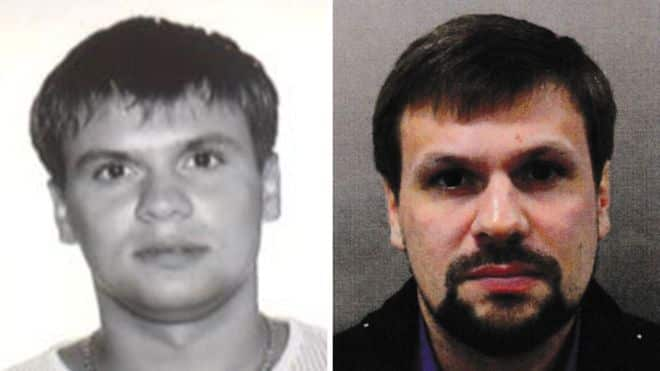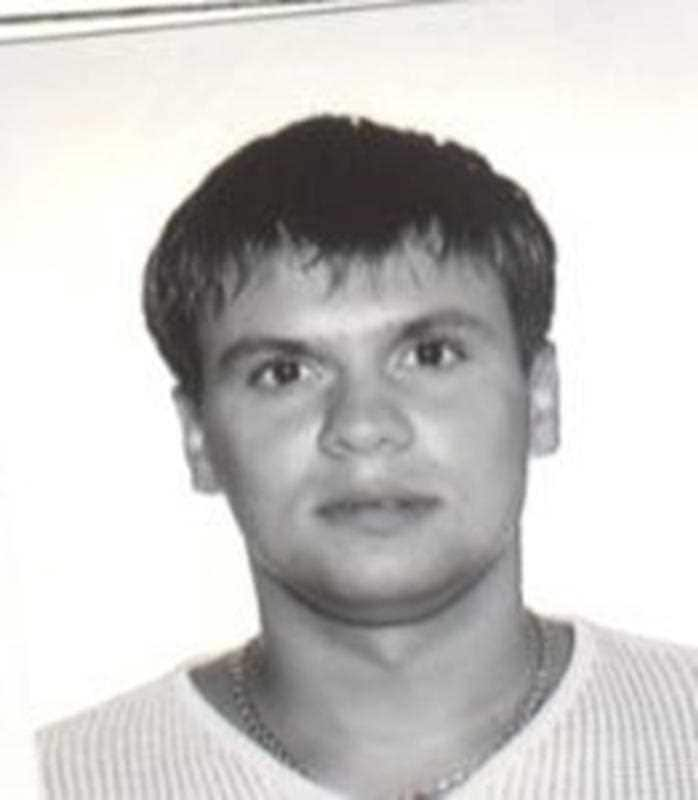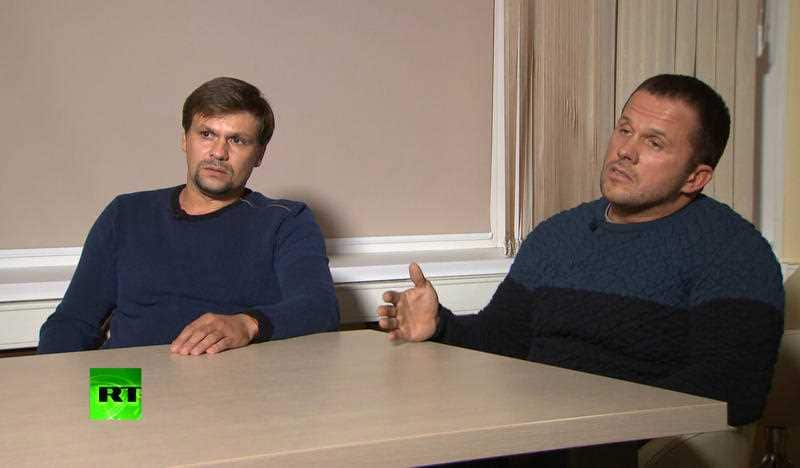British Prime Minister Theresa May has attacked Russia for its "desperate fabrication" over the poisoning of a former spy, as one of the suspects was identified as a highly decorated colonel in the Russian military intelligence agency.
May says Britain has set out detailed evidence about the prime suspects in the nerve agent attack on former spy Sergei Skripal and daughter Yulia, while Russia has only sought to "obfuscate".
"We have taken appropriate action, with our allies, and we will continue to take the necessary steps to ensure our collective security," she told the United Nations security council on Wednesday.

"Russia has only sought to obfuscate through desperate fabrication."
May called on Russia to rejoin the international consensus against the use of chemical weapons.
She said there should be no doubt of the international community's determination to take action if it did not.

Suspects Alexander Petrov and Ruslan Boshirov have previously been identified by the UK as members of Russia's military intelligence service the GRU.
Commonly still referred to by its USSR-era name the GRU, Russia’s Main Intelligence Directorate reports directly to the president of Russia.

The agency combines military intelligence gathering with elite special forces capability and in recent years has reportedly been active in the Syrian conflict, Chechnya and Georgia.
The investigative group Bellingcat said on Wednesday it had identified one of the men, whose passport name is Ruslan Boshirov, as Colonel Anatoliy Chepiga of the GRU.
The colonel was in 2014 awarded Russia's highest medal, the Hero of Russia.
Britain has charged Boshirov and Petrov with trying to kill Skripal and his daughter on March 4 with the Soviet-designed nerve agent Novichok in the English city of Salisbury.

Britain has said the attack received approval "at a senior level of the Russian state", an accusation Moscow has fiercely denied.
Two Russian men later appeared on the state-funded RT channel and made widely mocked claims that they only went to England in early March to visit the "wonderful town" of Salisbury and its famous cathedral.

They denied the British claim that they were Russian military intelligence officers, saying they worked in the nutritional supplements business.
With AAP

